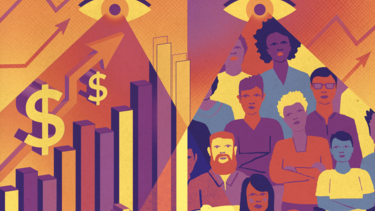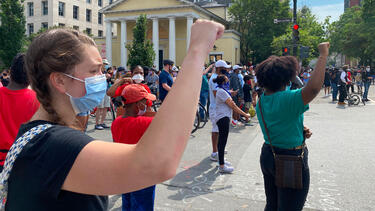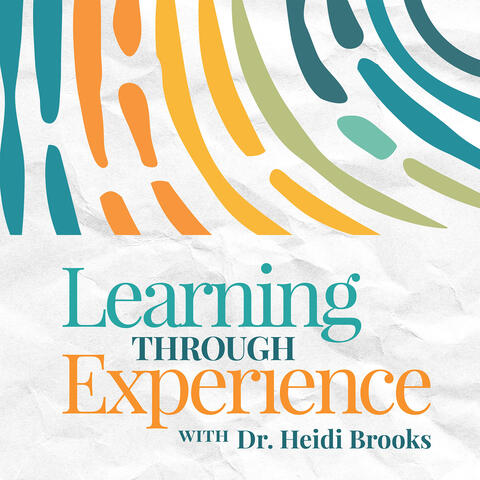Organizational Behavior
A Different Kind of Wedge Issue: What Golf Reveals About Working Across Ideological Lines
How do political differences affect workplace performance? A study of professional golfers, co-authored by Yale SOM’s Balázs Kovács, suggests that working alongside someone of the opposite political orientation may dampen the ability to execute tasks successfully.

Why Accountability Needs an Upgrade
In an excerpt from their new book, Conscious Accountability, Yale SOM’s David Tate and his co-authors Marianne Pantalon and Daryn David argue for looking beyond blame and punishment and embracing a form of accountability based on clear communication and mutual trust.

Smarter Ways to Look Ahead: Research-Based Suggestions for a Better 2023
We asked faculty from the Yale School of Management to put a scholarly lens on improving our personal and professional lives in the coming year.

How Grammy Wins and Losses Shape Artists’ Creative Trajectories
Prof. Balázs Kovács and his co-authors found that Grammy winners tend to branch out in new directions afterward—but nominees who don’t win become more creatively cautious.

To Be Happier at Work, Think Flexibly about Your Job—and Yourself
In a new paper, Yale SOM’s Amy Wrzesniewski and her co-authors find that well-being can be enhanced by pairing a shift in your job mindset with changes in how you think about your own strengths and weaknesses.

Making the ‘Business Case for Diversity’ Can Backfire with Underrepresented Groups
Many companies say that they are committed to diversity because it boosts firm performance. In a new study, Oriane Georgeac at Yale SOM and Aneeta Rattan at London Business School find that this explanation can have detrimental consequences for the very applicants that companies seek to attract.

Religious Nursing Homes Have More Severe Violations of Care Standards than Secular Ones. Why?
The homes’ strong internal identity means that wrongdoing is less likely to be flagged for an outside regulator’s involvement, allowing problems to worsen, suggests new research co-authored by Yale SOM’s Amandine Ody-Brasier.

What Happens When Couples Disagree about the Meaning of Work?
In a new study, Prof. Amy Wrzesniewski and her co-author found that having a partner with a different orientation toward their career lowers a person’s chances of reemployment after leaving a job.

Beyond Resolutions: Research-Based Suggestions for 2022
We asked faculty from the Yale School of Management for their advice—philosophical, professional, and personal—for our readers for the coming year.

What Activists Want from Allies
In a new study, Yale SOM’s Michael Kraus and PhD graduate Jun Won Park found that activists working for social change value allies who are trustworthy and willing to defer to activists’ leadership.

Video: Identifying with a Team Helps Prevent Stress and Burnout among Healthcare Workers
A Yale study conducted in the early days of the COVID-19 pandemic found that feeling like part of a team reduced reported stress and burnout—an insight with implications for how any kind of organization can weather a crisis.

